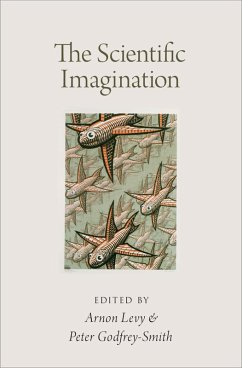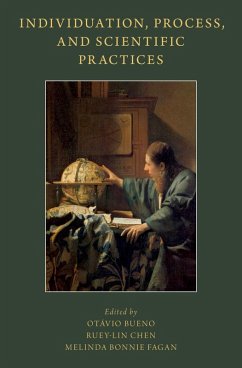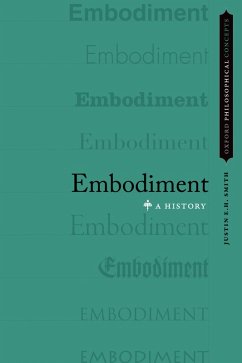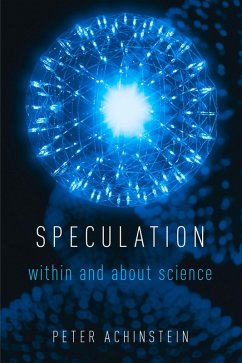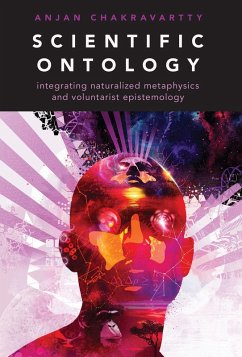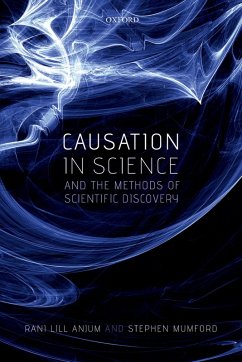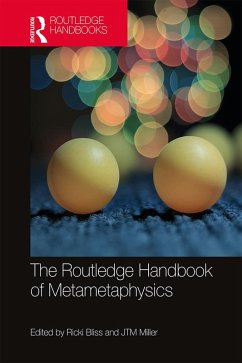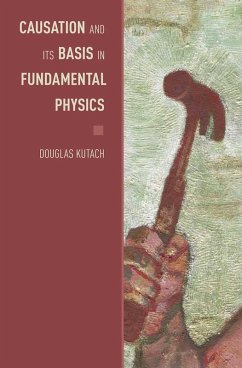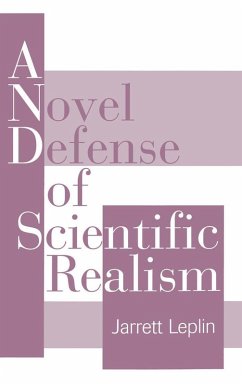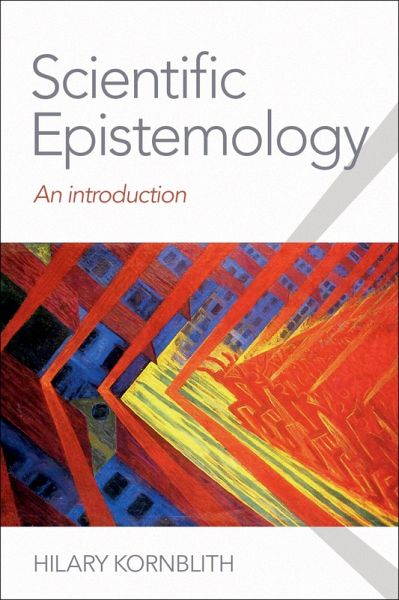
Scientific Epistemology (eBook, PDF)
An Introduction
Versandkostenfrei!
Sofort per Download lieferbar
8,95 €
inkl. MwSt.
Weitere Ausgaben:

PAYBACK Punkte
4 °P sammeln!
Epistemology has traditionally been motivated by a desire to respond to skeptical challenges. The skeptic presents an argument for the view that knowledge is impossible, and the theorist of knowledge is called upon to explain why we should think, contrary to the skeptic, that it is genuinely possible to gain knowledge. Traditional theories of knowledge offer responses to the skeptic which fail to draw on the resources of the sciences. This is no simple oversight; there are principled reasons why such resources are thought to be unavailable to the theorist of knowledge. This book takes a differ...
Epistemology has traditionally been motivated by a desire to respond to skeptical challenges. The skeptic presents an argument for the view that knowledge is impossible, and the theorist of knowledge is called upon to explain why we should think, contrary to the skeptic, that it is genuinely possible to gain knowledge. Traditional theories of knowledge offer responses to the skeptic which fail to draw on the resources of the sciences. This is no simple oversight; there are principled reasons why such resources are thought to be unavailable to the theorist of knowledge. This book takes a different approach. After arguing that appeals to science are not illegitimate in responding to skepticism, this book shows how the sciences offer an illuminating perspective on traditional questions about the nature and possibility of knowledge. This book serves as an introduction to a scientifically informed approach to the theory of knowledge. This book is a vital resource for students and scholars interested in epistemology and its connections to recent development in cognitive science.
Dieser Download kann aus rechtlichen Gründen nur mit Rechnungsadresse in A, B, BG, CY, CZ, D, DK, EW, E, FIN, F, GR, HR, H, IRL, I, LT, L, LR, M, NL, PL, P, R, S, SLO, SK ausgeliefert werden.




